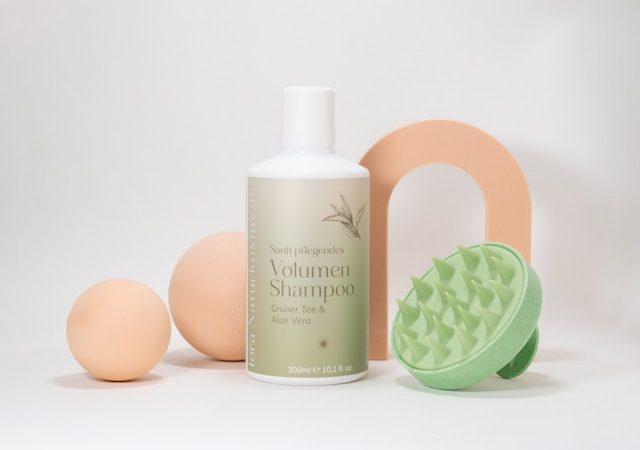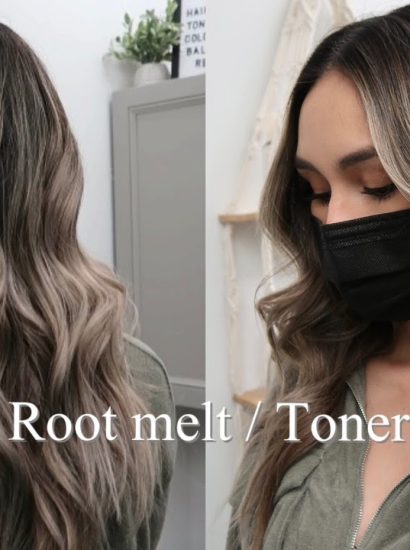Hair care is more than just using a regular shampoo and conditioner—it’s about addressing the specific needs of your scalp and hair. One product that has gained attention in recent years is medicated shampoo, designed not only to cleanse but also to treat scalp issues such as dandruff, psoriasis, seborrheic dermatitis, and more.
Unlike typical shampoos, medicated formulas contain active ingredients like ketoconazole, salicylic acid, zinc pyrithione, or coal tar that target the root causes of scalp problems. Whether you’re dealing with itching, flaking, or hair thinning, a medicated shampoo could be the missing link in your hair care routine.
1. Effectively Treats Dandruff
One of the most common reasons people turn to medicated shampoo is to tackle dandruff. These shampoos contain antifungal agents like ketoconazole or zinc pyrithione that fight Malassezia, the yeast responsible for flaking and itchiness. With consistent use, they not only clear existing dandruff but also help prevent it from returning.
2. Controls Scalp Itching
An itchy scalp can be frustrating and even embarrassing. Medicated shampoos soothe irritation through antiinflammatory and antifungal ingredients, providing longlasting relief. If your itching is linked to conditions like seborrheic dermatitis or eczema, a medicated formula can address the underlying issue instead of just masking the symptoms.
3. Reduces Excess Oil Production
Oily hair often stems from overactive sebaceous glands in the scalp. Medicated shampoos formulated for oily scalps help regulate sebum production without stripping your hair completely. This balance keeps hair fresh for longer and reduces the greasy appearance between washes.
4. Helps Manage Scalp Psoriasis
Scalp psoriasis is a chronic condition that causes red, scaly patches. Medicated shampoos containing coal tar or salicylic acid can help slow skin cell turnover, soften thick scales, and ease inflammation. While not a cure, they provide significant symptom relief and improve comfort.
5. Prevents and Treats Scalp Infections
Bacterial and fungal infections on the scalp can lead to hair loss and discomfort. Medicated shampoos with antimicrobial properties stop these infections in their tracks. By keeping the scalp clean and balanced, they create a healthier environment for hair growth.
6. Supports Hair Growth by Improving Scalp Health
Healthy hair starts with a healthy scalp. When dandruff, oil buildup, or inflammation are left untreated, they can weaken hair follicles and slow growth. By addressing these issues, medicated shampoos create the ideal foundation for strong, healthy strands to thrive.
7. Relieves Seborrheic Dermatitis Symptoms
Seborrheic dermatitis is a chronic condition that causes flaking, redness, and irritation. Medicated shampoos formulated for this condition, often with antifungal and antiinflammatory ingredients, can significantly reduce symptoms and make flareups less frequent.
8. Gently Exfoliates the Scalp
Just like your skin, your scalp benefits from regular exfoliation. Ingredients like salicylic acid in medicated shampoos remove dead skin cells, product buildup, and excess oil. This not only reduces flaking but also improves nutrient delivery to hair follicles.
9. Can Be Used as a Preventive Measure
You don’t have to wait until a scalp issue appears to use medicated shampoo. Many dermatologists recommend it as a preventive measure, especially if you have a history of dandruff, dermatitis, or psoriasis. Using it once or twice a week can help keep scalp problems at bay.
10. Available for Every Hair Type
Whether you have curly, straight, fine, or colortreated hair, there’s a medicated shampoo suited to your needs. Modern formulations are more gentle, often free from harsh sulfates, and designed to treat scalp issues without compromising the health of your hair strands.
Conclusion
Adding a medicated shampoo to your hair care routine can be a gamechanger, especially if you’re dealing with persistent scalp problems. From treating dandruff and psoriasis to controlling oil and preventing infections, the benefits go far beyond simple cleansing.
For best results, choose a formula tailored to your scalp needs and follow the usage instructions—some medicated shampoos are designed for daily use, while others work best just once or twice a week. With consistency, you’ll notice not only a healthier scalp but also stronger, shinier, and more resilient hair.
FAQs
1. Can I use medicated shampoo every day?
It depends on the formula. Some are safe for daily use, while others should only be used 1–3 times per week to avoid overdrying the scalp. Always check the label.
2. Will medicated shampoo strip hair color?
Some medicated shampoos may fade hair dye faster, especially those with strong active ingredients. Look for formulas labeled “colorsafe” if you have dyed hair.
3. How long does it take to see results?
Most people see improvement within 2–4 weeks, though chronic conditions may require longer, consistent use.
4. Can I use regular conditioner after medicated shampoo?
Yes, but avoid applying conditioner directly to the scalp if you’re treating dandruff or psoriasis—focus on the hair lengths instead.
5. Do I need a prescription for medicated shampoo?
Many medicated shampoos are available over the counter, but stronger formulas may require a dermatologist’s prescription.
Also read : Cleansing Balm vs Cleansing Oil: 10 Pros and Cons for Every Skin Type





